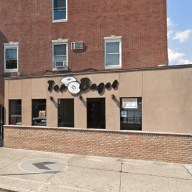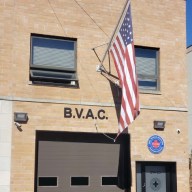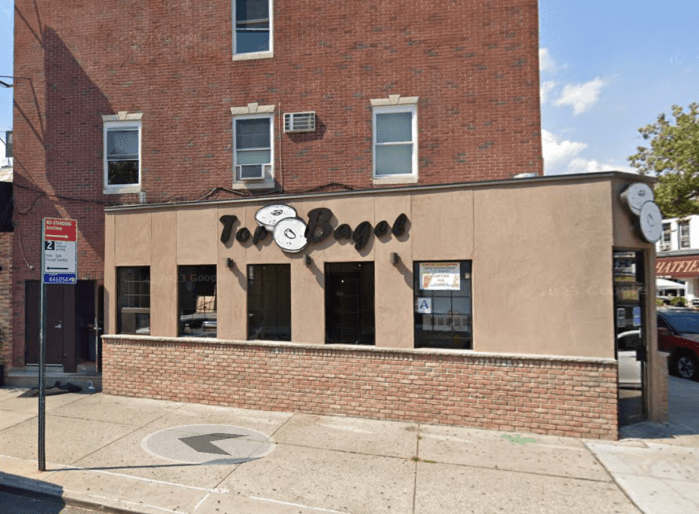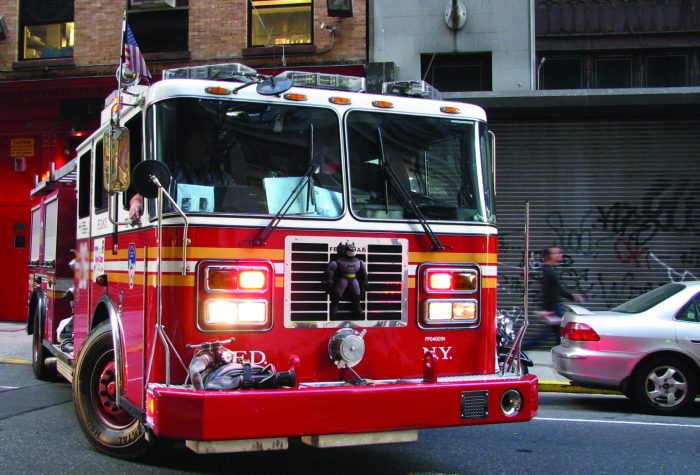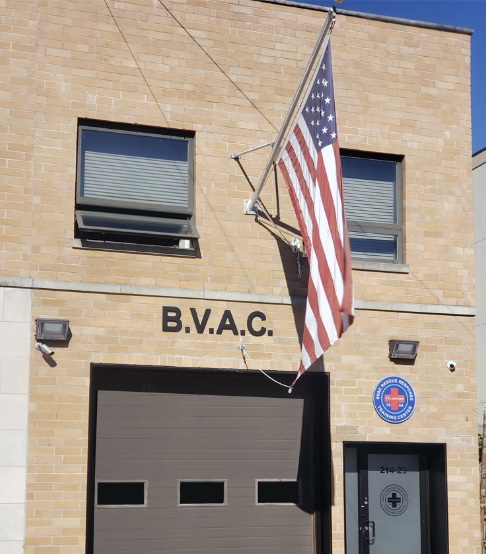By Bob Harris
Eminent domain unfair to Willets Point businesses
The battle of Willets Point is coming to a conclusion. The City Planning Commission held a public hearing on the city's plan to develop the area in north Flushing after a street-level, raucous press conference which pitted those for and against the plan against each other.
For decades, Willets Point has been the site of numerous waste management businesses, auto salvage businesses and other industries. It is within Community Board 7, but the implications of what is proposed affects all of us.
There are more than 250 businesses there that employ approximately 1,300 people with thousands of dependants. These businesses have been paying taxes for decades and continually ask for sewers, water pipes and paved streets, but the city has ignored them.
Now the city wants to develop the area into a massive residential and commercial neighborhood with 5,500 housing units and more than 2 million square feet of retail office space. This would be a bonanza for developers, who will bid on the project.
The businesses there do not want to move. The city said it would help the businesses find new locations and retrain workers, but there are not many locations in Queens or the city for these types of businesses. No business has sold to the city yet.
Expediters have been hired to move this project to the City Council, where it will have to be voted on. There are implied threats that eminent domain will be used to take over property of recalcitrant owners.
Eminent domain is as old as the republic. It states that government can take over private property if it is needed for the good of the people after the owner is justly compensated. In no way is a neighborhood's economic development by private developers necessary for the functioning of the government for the good of the people.
Those expediters who are pushing the project say Willets Point has pools of water and waste in the ground. The city never built sewers, so waste just lies on or under the ground. They say they will hire Queens minority and women contractors, but all the businesses are Queens-owned and have minority workers now.
The possibility of construction jobs has tantalized some groups. City Councilman Hiram Monserrate (D-East Elmhurst) says that 31 Council members have doubts about the proposal.
Civic leader Benjamin Haber says that this project is at the eastern end of the CB 7 line, while the No. 7 train is to be expanded west to Manhattan's Javits Center, where it will end at an expanded convention center, which will cost over $1 billion.
Why convention centers in Flushing and Manhattan? There seems to be no viable plan to fairly move the businesses and retrain the workers as originally promised last year. How much affordable housing will be built on the site? Can the city absorb all the new commercial space?
Will this be another example of over-development? Will eminent domain be used? The threat of eminent domain strikes at our basic philosophy of private property. We will see what the Council members say and how they vote, which should be soon.
GOOD AND BAD NEWS OF THE WEEK: The city and state must balance their budgets. It is claimed that next year there will be a deficit to cut.
Gov. David Paterson balanced this year's budget with the support of the state Legislature. I guess they do not want a prolonged budget battle with legislative elections a few months away.
He vetoed 34 proposals, such as the one which would have provided money for a huge refrigerator for a Long Island social group and the one which would have provided payments to state police officers for non-work-related heart conditions.
One bit of pork I noticed that was not cut was the money to operate prisons upstate, which provide jobs for upstate people. There must be someway to consolidate and close unneeded upstate prisons and bring businesses upstate to keep their economies operating.
Perhaps they could use the buildings somehow. It is the prisons which do help the economy in some small, upstate towns, so the local legislators keep them open as an example of economic necessity.






